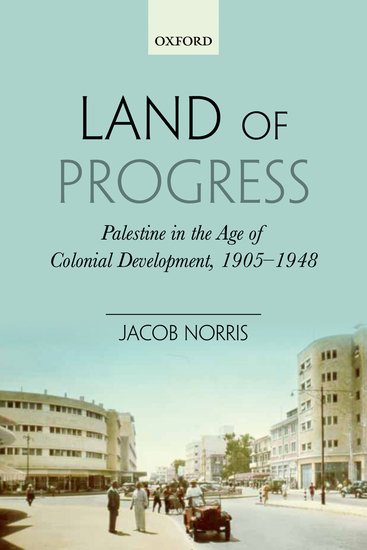-
Add to cartQuick view
Guest Editor’s Note: The Neoclassical Bias in Translation
Free!This is the first of two consecutive issues of JLS devoted to language and translation, specifically to the relationship between Arabic and Hebrew. In the current issue, we address the limits of the neoclassical model of translation, referring to the redefinition of translation in fifteenth-century Europe and infusing it with the spirit of the Renaissance. In a nutshell, the neoclassical model tends to individualize the translator’s identity, to privatize the spatial dimensions of translation, and to eliminate verbal dialogue.Furthermore, it dictates a forward-moving unidirectional formula of translation that usurps the original text and occupies its place; it silences any form of dialogue and replaces conversation and reciprocal dialogue with philology, linguistics, and hermeneutics. Under colonial conditions, the neoclassical model aggravates these limitations, since it reproduces in the translation room the very same asymmetry that typifies the exterior conditions and the power relations between languages. I begin this discussion by examining the emergence of the effects of the neoclassical model on translation in general, and in particular its predicament in relation to translation between Arabic and Hebrew – past, present, and future.
Add to cartQuick view -
Add to cartQuick view
Elizabeth F. Thompson. Justice Interrupted: The Struggle for Constitutional Government in the Middle East. Cambridge, MA: Harvard University Press, 2013. 432 pp.
Elizabeth F. Thompson. Justice Interrupted: The Struggle for Constitutional Government in the Middle East. Cambridge, MA: Harvard University Press, 2013. 432 pp.
$5.00Free!Add to cartQuick view -
Add to cartQuick view
Exile, History and the Nationalization of Jewish Memory: Some reflections on the Zionist notion of History and Return
The essay tries to analyze the notions of “history” and “return” in Zionist discourse in order to clarify their political and cultural implications. I investigate the meaning and function of the phrase “return to history”, commonly used for the description of Zionism, in two different sets of terminologies: the theological terms that defined Jewish-Christian polemics and the terms “culture,” “civility,” and “ethnicity” as used in the discourse of modern nationalism and colonialism. Accordingly I argue that the consciousness embodied in the phrase “return to history” meant the acceptance of the very terms and principles that generated the exclusion of the Jews in Europe. Thheologically and in the terms of premodern Christian-Jewish polemics, the phrase expresses an acceptance of the Christian perception of history of the Jews and their exile. On another level, the use of the modern national model of history for the representation of the Jewish past reveals the obvious Orientalist dimension of the secularization of the concept of history, as referring exclusively to the Christian West. In Zionist discourse both the theological-redemptive and the Orientalist aspects were integrated in a way that illuminated them both. Finally, the return to history and the return to the land meant the obliteration of the history of the land and the existence of its inhabitants. It also determined the removal of the Jews from the multiple local histories in which they had existed in exile in order to include them in one common, separate narrative. As a conclusion, I suggest to re-consider the options embodied in the concept of exile for an alternative way of thinking Jewish-Israeli existence and collectivity.
$5.00Free!Add to cartQuick view -
Add to cartQuick view
Jacob Norris, Land of Progress: Palestine in the Age of Colonial Development, 1905-1948 Oxford: Oxford University Press, 2013. 241 pages.
Jacob Norris, Land of Progress: Palestine in the Age of Colonial Development, 1905-1948. Oxford: Oxford University Press, 2013. 241 pages.
$5.00Free!Add to cartQuick view
- Home
- About JLS
- Issues
- Vol. 9 No. 1 | Summer 2019
- Vol 8 No 2 Winter 2018
- Vol. 8, No. 1: Summer 2018
- Vol. 7, No. 2: Winter 2017
- Vol. 7, 1: Summer 2017
- Vol. 6, Summer/Winter 2016
- Vol. 5, No. 2 Winter 2015
- Vol. 5, No. 1 Summer 2015
- Vol. 4, No. 2 Winter 2014
- Vol. 4, No. 1 Summer 2014
- Vol. 3, No. 2 Winter 2013
- Vol. 3, No. 1 Summer 2013
- Vol. 2, No. 2 Winter 2012
- Vol. 2, No. 1 Summer 2012
- Vol. 1, No. 2 Winter 2011
- Vol. 1, No. 1 Summer 2011
- Blog
- dock-uments
- Subscribe
- Submit
- Contact



